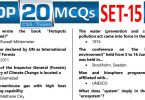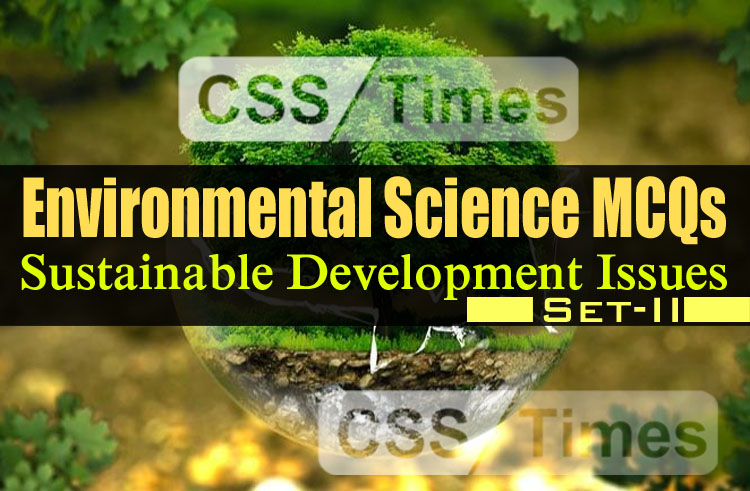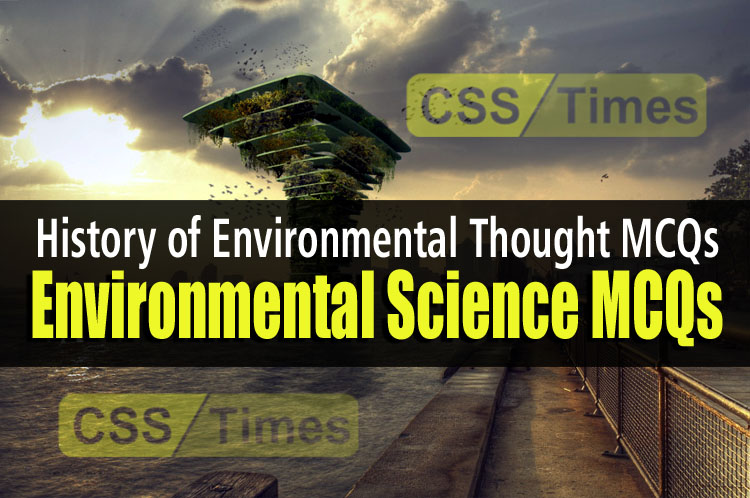In 1980 the International Union for the Conservation of Nature introduced the term “sustainable development“
Sustainable Development is development that meets the needs of the present without compromising the ability of future generations to meet their needs.
Sustainable development has 3 goals: to minimize the depletion of natural resources, to promote development without causing harm to the environment and to make use of environmentally friendly practices
Following the publication of Rachel Carson’s Silent Spring in 1962, the developing environmental movement drew attention to the relationship between economic growth and development and environmental degradation.
Under the principles of the United Nations Charter the Millennium Declaration identified principles and treaties on sustainable development, including economic development, social development and environmental protection.
A 2013 study concluded that sustainability reporting should be reframed through the lens of four interconnected domains: ecology, economics, politics and culture.
In September 2015, the United Nations General Assembly formally adopted the “universal, integrated and transformative” 2030 Agenda for Sustainable Development, a set of 17 Sustainable Development Goals (SDGs).
Sustainable agriculture consists of environment friendly methods of farming that allow the production of crops or livestock without damage to human or natural systems.
Sustainable energy is clean and can be used over a long period of time.
Transportation is a large contributor to greenhouse gas emissions.
The United Nations Global Compact Cities Programme has defined sustainable political development in a way that broadens the usual definition beyond states and governance.
In September 2015 world leaders adopted the 2030 Agenda for Sustainable Development and its 17 goals
SDGs is the common acronym for the Sustainable Development Goals, also referred to as Global Goals for Sustainable Development.
Environment constitutes one of the three interrelated pillars of sustainable development.
The primary actors in delivering the 2030 Agenda are governments.
UNEP has an important role to play in ensuring the implementation, follow up and review of the 2030 Agenda, especially of its environmental dimension.
US President Nixon founded the Environmental Protection Agency in 1970
In 1962 Rachel Carson’s Silent Spring introduced a public dialogue about the impacts of toxic chemicals, specifically DDT, on wildlife and the environment.
Garrett Hardin’s “The Tragedy of the Commons,” published in 1968, explored the concept of the environment as a common area, subject to misuse in the absence of regulation.
In 1967 an oil tanker off of Great Britain ran aground, spilling 40,000 tons of oil.
In 1969, in response to the public’s demand for action after the Storm King case on the Hudson River, US President Nixon signed the National Environmental Policy Act (NEPA).
The 1972 U.N. Conference on the Human Environment, was hosted by Sweden
APM, the Anti-Pollution Movement, was founded by. Raza Khan in Govt. College Gujranwala, Pakistan in 1990.
In 1992 Pakistan’s National Conservation Strategy Report attempted to redress the previous inattention to the nation’s mounting environmental problem.
IUCN: International Union for Conservation of Nature
IUCN Pakistan published a booklet on using the Friday prayer sermons to broadcast environmental messages
The Call to Eco-Jihad: The Islamic Environmental Movement,” was recently published in the Goethe-Institute’s cultural magazine Art & Thought by Monika Zbidi
The ‘Green Khutba Campaign,’ in which around 75 mosque imams in North America dedicated their Friday sermon on Earth Day 2012 to raising awareness about environmental challenges
Pakistan Environmental Protection Act was enacted as Law in 1997
Paul Ehrlich publishes The Population Bomb, describing the ecological threats of a rapidly growing human population (1968)
September 15, 1968, Experts from around the world meet for the first time at the UN Biosphere Conference in Paris, France, to discuss global environmental problems, including pollution, resource loss, and wetlands destruction.
March 18, 1967: The Torrey Canyon oil tanker runs aground and spills 117,000 tons of oil into the North Sea near Cornwall in the United Kingdom. The massive local pollution helps prompt legal changes to make ship owners liable for all spills.
1866 : The term ecology is coined in German as Oekologie by Ernst Heinrich Philipp August Haeckel
1970: Francis A. Schaeffer publishes Pollution and the Death of Man.
1972: The Conference on the Human Environment, held in Stockholm, Sweden 5 to 16 June, the first of a series of world environmental conferences
1972: The Club of Rome publishes its report Limits to Growth, which has sold 30 million copies in more than 30 translations, making it the bestselling environmental book in world history.
1972: E. F. Schumacher publishes Small Is Beautiful.
Earth First! is a radical environmental advocacy group It was founded on April 4, 1980 by Dave Foreman, Mike Roselle, Howie Wolke, Bart Koehler, and Ron Kezar
European Environment Agency was established in 1990 and became operational in 1994. It is headquartered in Copenhagen, Denmark
The Earth Summit, held in Rio de Janeiro from June 3 to June 14 1992
World Oceans Day began on 8 June (1990) at the Earth Summit in Rio de Janeiro
The first genetically modified food crop released to the market (1994)
The Kyoto Protocol was negotiated in Kyoto, Japan in December 1997
The Kyoto Protocol is actually an amendment to the United Nations Framework Convention on Climate Change (UNFCCC)
Earth Summit, held in Johannesburg a United Nations conference (2002)
2004 Indian Ocean earthquake and tsunami affects courtiers surrounding the Indian Ocean, killing nearly a quarter of a million people
2011: United Nations designates day that world human population reached 7 billion
Basel Convention on the Control of Transboundary Movements of Hazardous Wastes and their Disposal, Basel, 1989
Our Common Future, also known as the Brundtland Report, from the United Nations World Commission on Environment and Development (WCED) was published in 1987
Check Other Environmental Science MCQs
- Environmental Governance Important Questions/Answers (Environmental Science MCQs)
- Daily Top-20 MCQs for CSS, PMS, PCS, FPSC (Set-15)
- History of Environmental Thought One Liner MCQs
- Environmental Science MCQs | Interdisciplinary Nature of Environmental Science
- Environmental Science MCQs | Sustainable Development Issues (Set-III)
- Environmental Science MCQs | Sustainable Development Issues (Set-II)
- Environmental Science MCQs (History of Environmental Thought) Set-II
- Environmental Science MCQs | Sustainable Development Issues
- History of Environmental Thought MCQs | Environmental Science MCQs
- Important Environment Knowledge MCQs (Set-II) | Environmental Science MCQs







